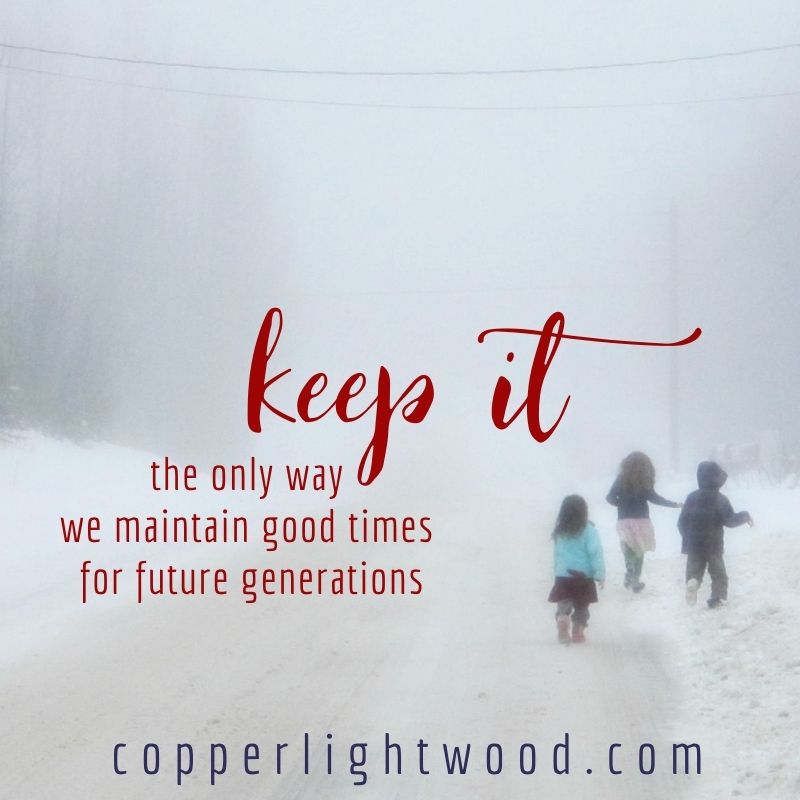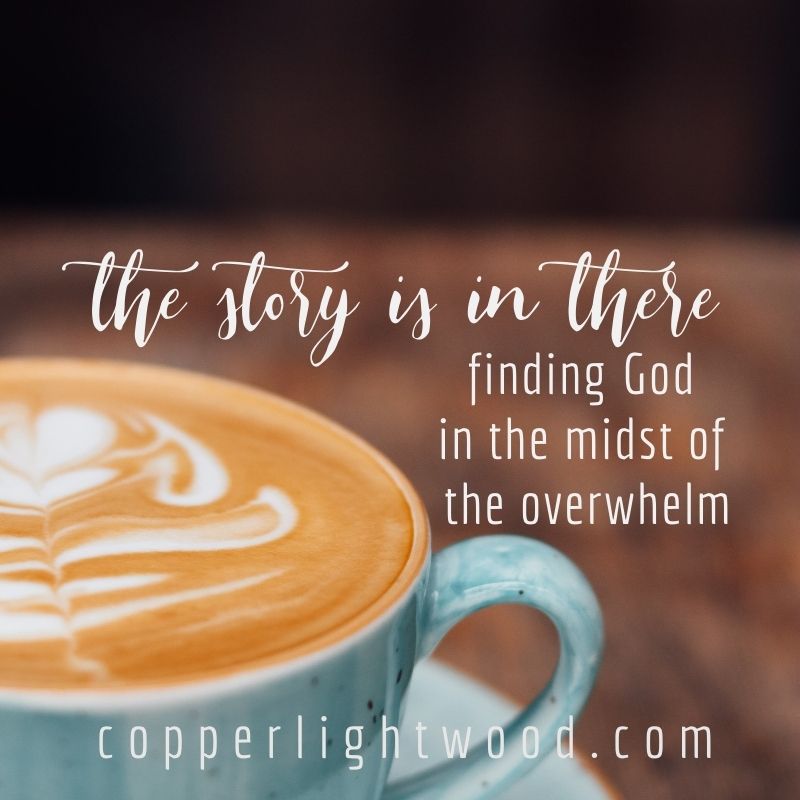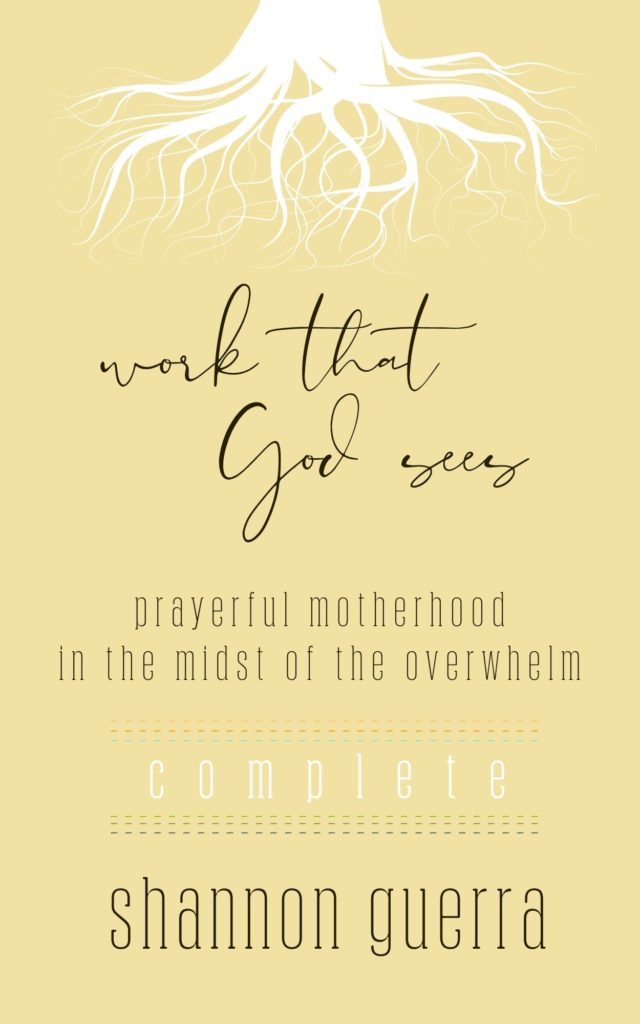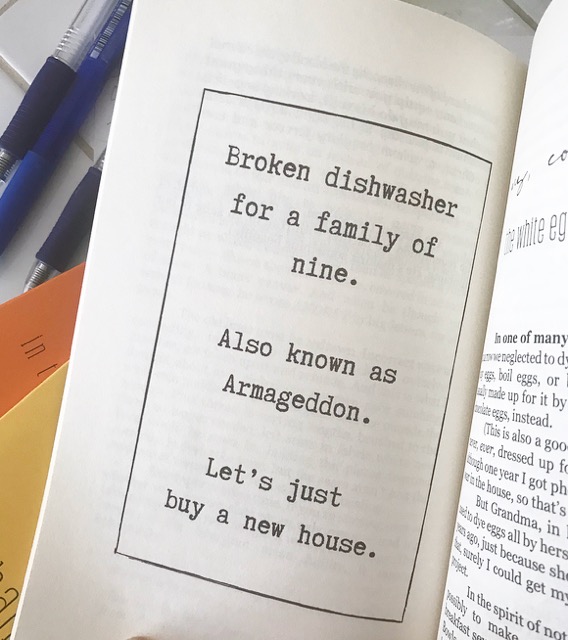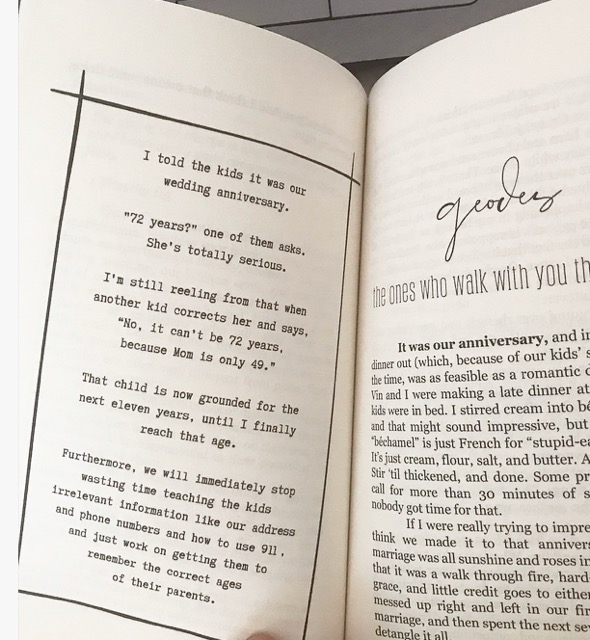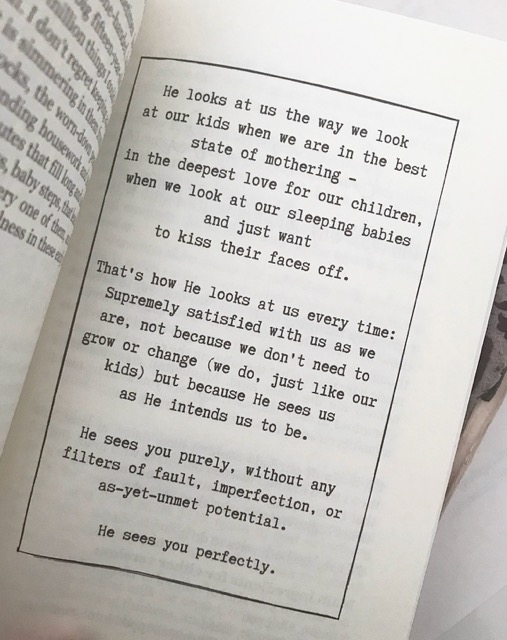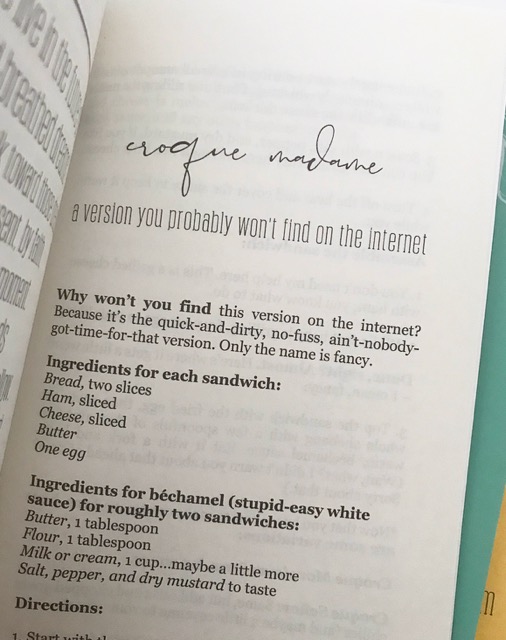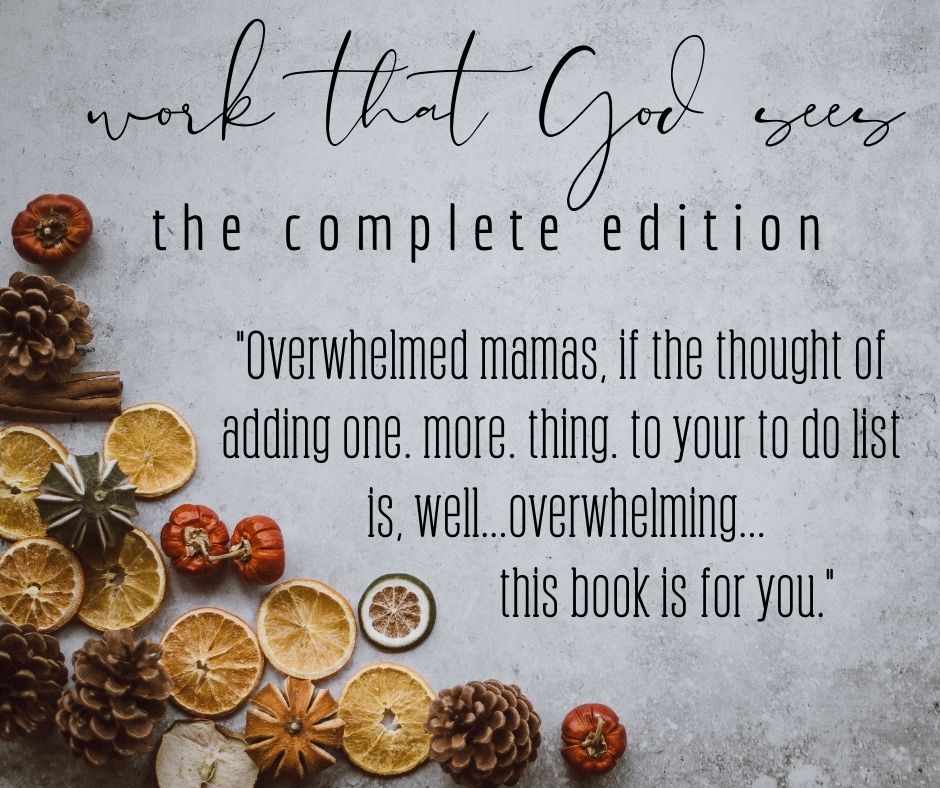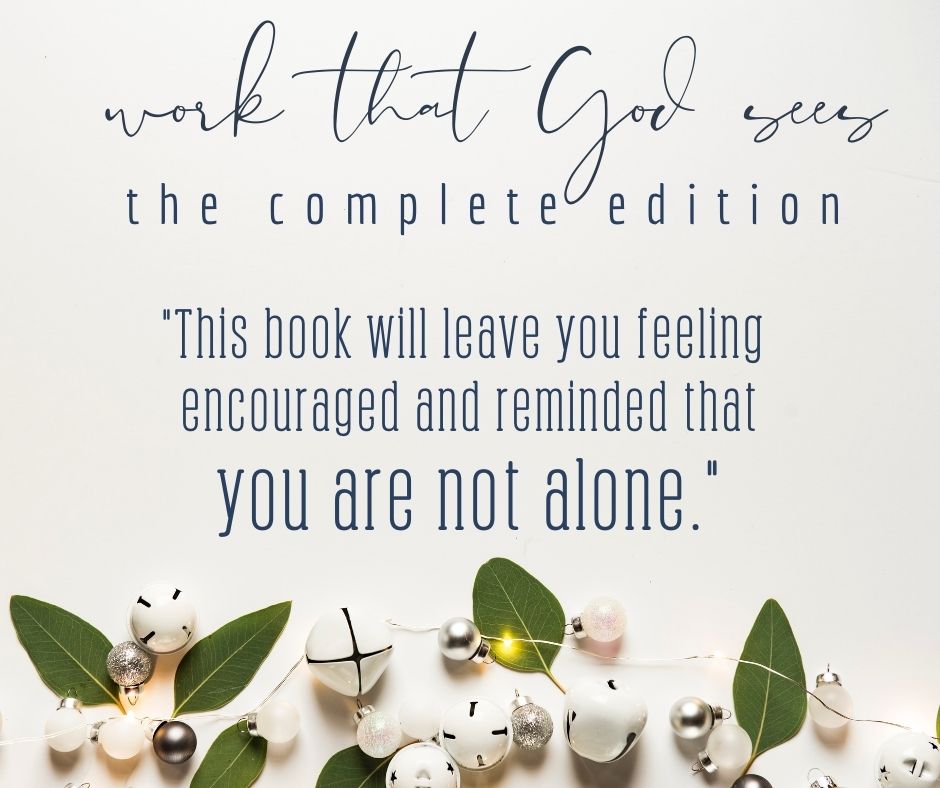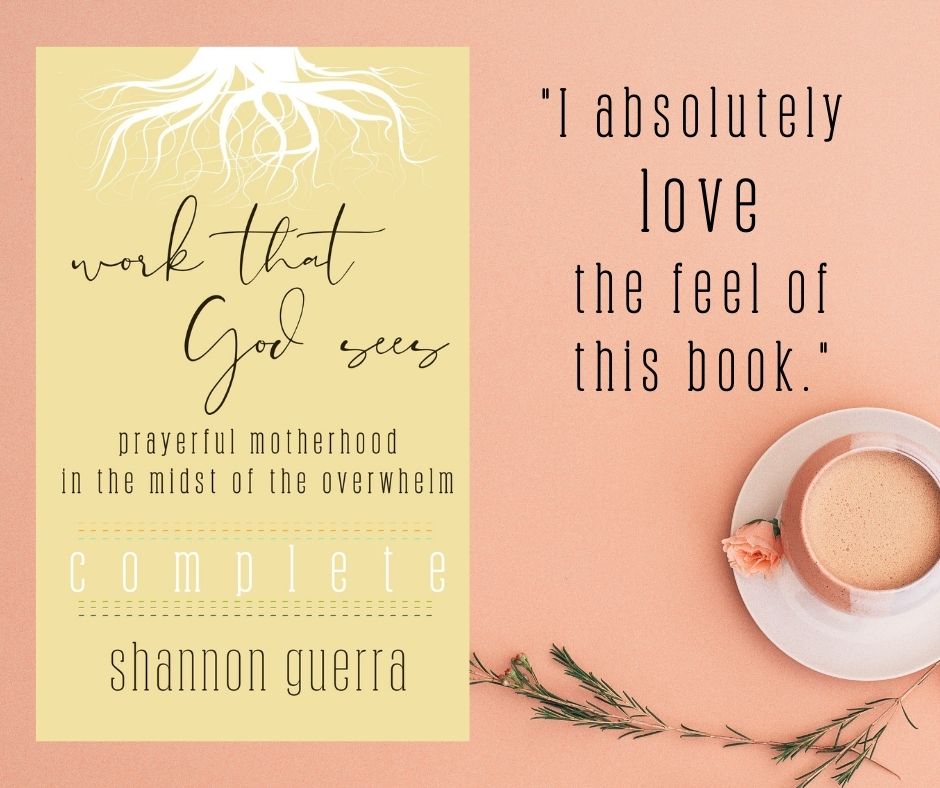Every year we choose new books to read (do you do this, too?), but last year we started something different – we did a reading challenge. Sounds fancy, doesn’t it?
But it’s not, really. Just search the internet and you’ll find a hundred variations. Iree joined us and the three of us teamed up together to read 104 books. Two books per week seems like a lot, but between all of us, it seemed doable.
But we quickly discovered that it wasn’t, quite.
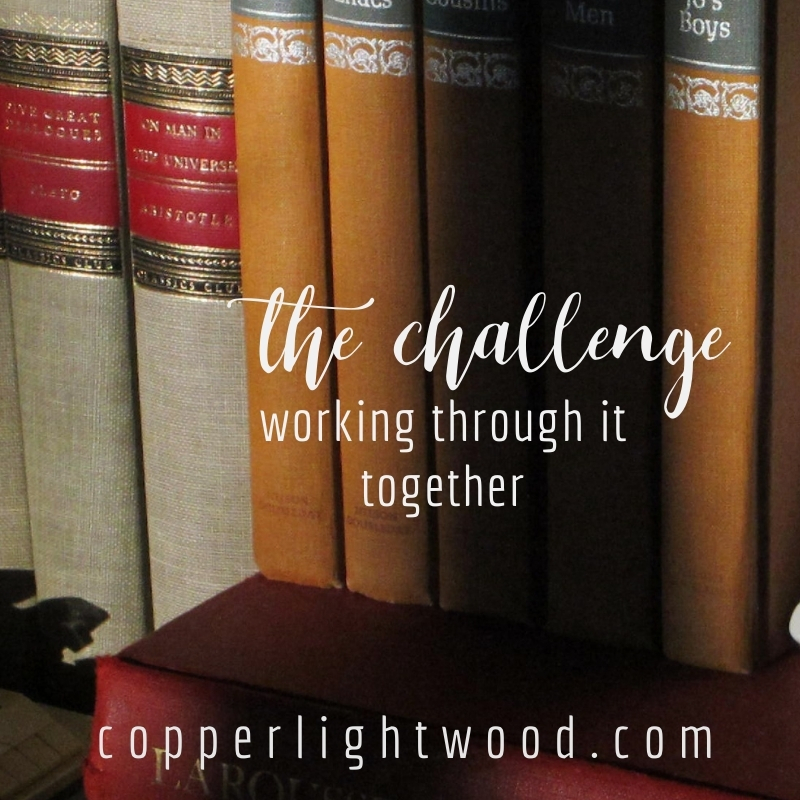
It wasn’t the number of books, but the categories that threw us. And I understand that the point of a challenge is to, well, challenge you, but there was only one slot for “a book you have no interest in” and I own too many books that I actually want to read to bother digging around with so many categories that were on there that I don’t.
So, taking a languid approach to it, we crossed the boring/inapplicable
categories off as we went and replaced them with creative ones that were less
boring (cough) more to our taste. Because seriously, I value theology and
Christian living, but there were SO MANY of them on there, and absolutely
nothing on writing, crafts, psychology, ancient history, criminology, or any of
the other weird stuff we also really like.
And by the end of the year our list was a mess, but it was much more fun, and yes – we were still challenged.
This year we did it again, but started off with a clean list. We made sure the categories were both realistic and interesting right off the bat. We crowded around the kitchen island, just throwing ideas out there.
A book written by someone you know. A book with a character you’d want to be friends with. A book about a disaster. A book about personal growth. A book Shannon quoted in one of her books. A book of 800 pages or more. A memoir or autobiography. A book by Dickens.
“A book on Napoleonic history,” Vin suggested.
“Uhh…” Iree and I looked at each other.
“Only if you’re going to read it,” she said. (He said he would.)
Cham came in and we asked her for suggestions. And if you don’t know her, you will after hearing her ideas:
“A book about biology…a book on dissecting. Ohh! A book on cadavers!”
Yeah. Well…we only added one of those ideas; I’ll let you guess which.
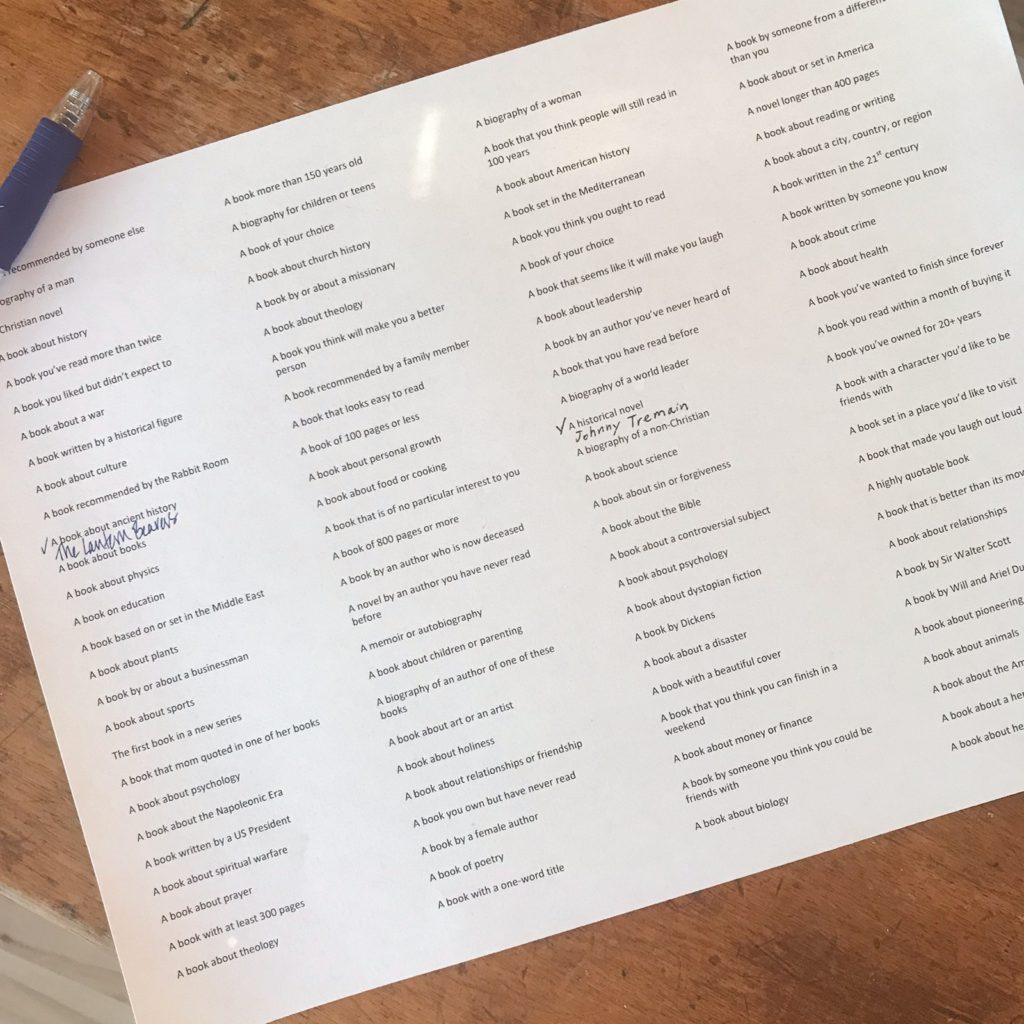
There’s so much that we don’t know. We’ll read hundreds, thousands, of pages this year, and aside from the people we hang out with and the time we spend in prayer, very few things will influence our growth like these pages. So it’s important to choose good ones, and to enjoy the time spent with them.
I’m not kidding myself; I know I won’t remember most of what I read. I won’t like or agree with everything that I read. But even without remembering all the facts and storylines and characters and historical figures, we will be changed. The pages will leave an impression that wasn’t there last year.
Last year I started reading Plutarch’s Lives alongside Gibbon’s Decline and Fall of the Roman Empire. Several months in, I realized my mistake. I thought they would reinforce each other, but usually I just get more confused as I try to untangle them from each other every week.
But I am learning.
I don’t remember all the individual lives in Plutarch, and I couldn’t tell you the exact timeline in Gibbon. But what I can tell you is an impression of these cultures and times. I can tell you that there were leaders who had wisdom for the ages, including ours. And there were also leaders who were so abhorrent in their depravity and disregard for the lives of others that the horrors they committed are hard to believe.
But they are in the history books. We generally don’t argue with them.
So, quick question, because I have to go there – why do people disbelieve or disregard the horrors we hear about today? Why are we so quick to mock and accuse people of being conspiracy theorists when they share information about celebrities and politicians doing abhorrent things?
Is it because they’re not in the history books yet? Is it because we have no interest in those categories?
Is it because those topics challenge us too much?
Or is it because we are their contemporaries, and their proximity to our own lives makes us uncomfortable? Because if these things are happening in the world we live in (and they are – it takes very little research to discover it, though you’ll have to use a search engine that doesn’t censor to do it, and you absolutely should not do so without being prayed up), then either a) we might be somewhat responsible that they exist, or b) we might need to do something about it so they no longer exist.
And those aren’t good, easy, fun options. It’s much more
comfortable to
shoot the messenger, lump it all as conspiracy theory and applaud the
censorship that silences them, and move along with our noses heads held
high.
I’ve heard some people disavow information simply because it didn’t match their personal experience. And I’m grateful they haven’t personally experienced anything that horrific, but our personal experiences do not define or limit the reality of other people experiences. It is arrogant, narcissistic, and foolishly ignorant to act like it does.
We still have so much to learn.
Hear me, friend: Children chained to beds and starved was not in my personal experience until we got involved in adoption.
Children who weighed 24 pounds at age four were not in my personal experience until we started our adoption paperwork. We converted kilos to pounds in astonishment; it had to be a miscalculation. But it wasn’t.
Children who were so neglected that they were only nine pounds at nine years old were not in our personal experience until we got involved with the people who were adopting them.
Our lack of personal experience did not prevent their existence or the abuse. It only proved our ignorance.
Our personal experience is not the epitome of reality. It is arrogant to assume that our x amount of years in any field (professional, personal, or otherwise) qualifies us to deny the reality of someone else’s differing experience, especially when it comes in the form of testimony with evidence and witnesses.
Just because something is so devastating that it is hard to believe, doesn’t mean it isn’t actually true.
And just because you don’t find information about fraud, horrific child abuse, or other crimes perpetrated by the elite on mainstream media (which no longer even attempts to hide how blatant their censorship is) doesn’t mean it doesn’t exist. It just means they want us to think it doesn’t…and that should lead us to some very important questions about what they have to lose.
There are many things that are hard to believe, but are nevertheless reality, regardless of how uncomfortable they make us feel, or how much we hate those categories.
And coming to understand that – and working through it together, with respect and love – may be the real challenge we all go through this year.

